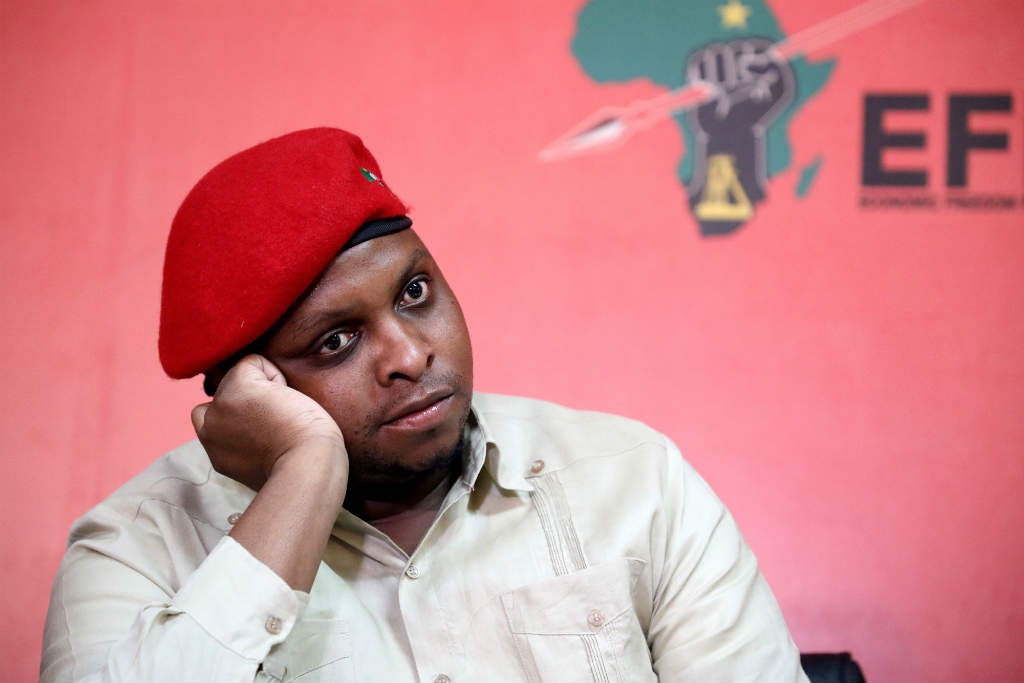
There are two types of politicians or political parties – the pragmatic and the fanatics. The pragmatic politicians develop policies that can bring about long-term solutions to national problems.
The fanatics, usually referred to as populists, offer short-term measures that appeal more to voter sentiments than to the mind. Populist measures are either unrealistic or destructive in the long term.
The failure of pragmatic politicians, the progressives, to implement their ideas has led to the ascendance of populists in different parts of the world. As the politics of the Economic Freedom Fighters (EFF) in and outside our Parliament shows, South Africa is not immune to these global developments.
Failure of the pragmatic is characterised by high unemployment, inequality, slow economic growth, neglect of certain racial communities, technological advancement that makes old skills redundant and failure to move with speed in economic inclusivity. These have resulted in the rise of identity politics and created conditions for populists to promise heaven on Earth. The truth is, populists possess weapons of mass economic destruction.
But the categorisation is not neatly clear-cut pragmatic vs populist. Pragmatic parties often borrow from the populist scripts when populists threaten to oust them from power. An example is the ANC's departure from the land reform policies it failed to implement (not that they were bad) to adopt some of the EFF's populist strategies to expropriate land without compensation.
The populists, like the EFF on the other hand, adopt some elements from progressive such as going to court to challenge a corrupt president. Playing by the rulebook of constitutional democracy such as using judicial review to secure a favourable outcome is not entirely the type of strategy expected of populists. (Zanu-PF under Robert Mugabe had to decimate the judiciary to get on unhindered with its weapon of mass economic destruction that left Zimbabwe a wreck.)
Don't be fooled, though. Although the EFF has not threatened the judiciary, its style of parliamentary politics – where it often plays opposition not to the governing party but to fellow opposition parties – goes beyond acceptable rules of engagement. It's typical of populists in the long run not to follow the rule of law which often constrains majoritarian thinking.
The Democratic Alliance (DA), with its decontextualised liberalism that is ill-suited for the South African situation, has populist ideas about increasing amounts of social grants and tightening border controls. It is nonetheless far from being a populist party.
Granted, all parties try to appeal to a broad spectrum of voters. There is, however, something particularly unique about the EFF. Its politics combines hurling of insults, racial abuse and threats and physical confrontation. It's difficult to discern coherent principle in all these. It is in the context of deliberately chaotic political strategy that those voters who are tired of rational, pragmatic politics and slow-delivery politics will find refuge in one or two elements of the chaos.
If you hate Indians and journalists and are suspicious of government officials whose parents might have been born in Mozambique, you are more likely to find a hero in Floyd Shivambu. If you think random occupation of any private land is the solution to your unemployment status, Julius Malema will be a hero. If you think parliamentary decorum, fierce but rational debates are nonsensical in the face of the many problems that the country has, the entire EFF immediately becomes a party of choice.
But the façade of militarism is exactly what it is. After a chaotic performance that leaves their supporters fired up by populism, EFF leaders retreat to their private spaces where they enjoy sports cars, fine whiskeys and nice clothes. "We wear suits better," one leader once proclaimed.
One would have expected the 1994 parliamentarians from the ANC, Pan Africanist Congress and Azanian People's Organisation who had fresh memories of exile and being underground to confront the National Party in a way the EFF today is confronting parties that were not part of the apartheid system.
The difference tells us something about the maturity of the real freedom fighters. They knew when it was time to be confrontational and they took up arms against the system. The current Parliament to them represents not a theatre for fools but a forum that could help realise their liberation aspirations.
The EFF, however, operates in a context of freedom. It's not clear who is the enemy despite the regular war talk. On a few occasions we learn that whites or whiteness are the enemy. And this is where the EFF combines its economic populism with identity-based populism that undermines nation-building.
The difficulty with identity-based politics in South Africa is that we are a complex nation. Interdependence runs too deep among South Africans of all racial, linguistic, class and regional groups. It is futile to focus on narrow racial identity unless the plan is to break the entire country into pieces – something which South Africans of all walks of life will resist anyway.
South Africa is what it is, with immense potential embedded in its diversity, because blacks never saw the reason to revenge white minority racism with majoritarian black racism. Pixley Seme's higher civilisation, a "humane civilisation", has clearly taken root. Maybe it hasn't reached the EFF.
The ANC's national project forged by founders like Seme was about uniting all races. If the ANC is to be voted out of power – and it almost risked this prospect had it not fired Jacob Zuma – it won't be because of nonracialism and pragmatism.
Only abandoning nonracialism, as some of its leaders are often tempted to do, and acute governance and delivery failures will lead to its demise. Such developments will provide the door through which populists who want to control everything – from SAA to land – will secure power to unleash their economic destruction.
- Mkhabela is a political analyst with the Department of Political Sciences at the University of South Africa.
Disclaimer: News24 encourages freedom of speech and the expression of diverse views. The views of columnists published on News24 are therefore their own and do not necessarily represent the views of News24.




 Publications
Publications
 Partners
Partners






















